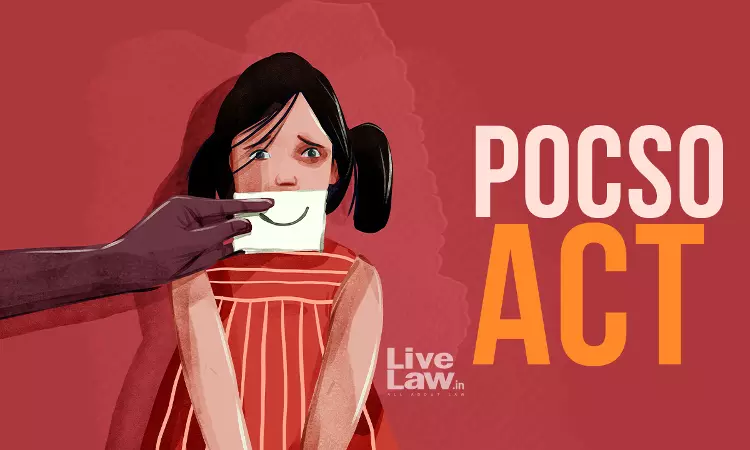The Gauhati High Court on Tuesday set aside the conviction and order of sentence passed by the trial court under Section 6 of POCSO Act against a man, on the ground that the prosecution has failed to prove beyond reasonable doubt that the victim was below 18 years of age at the time of incident.The single judge bench of Justice Malasri Nandi observed:“It is well settled that ossification...

